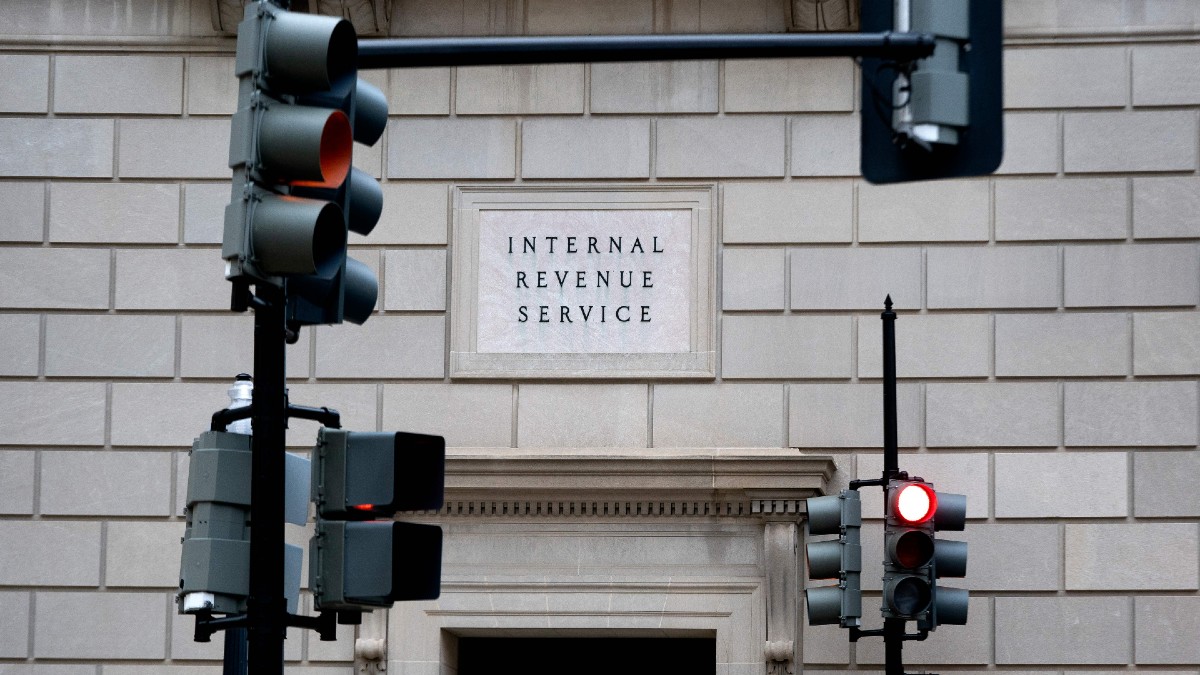With two weeks left before the deadline to file your federal income taxes for 2022, Action Network's Sam McQuillan sat down with Richard Gartland, who's spent more than 30 years in finance, to discuss what sports bettors should know as they fill out their 1040s.
Can I write off my losses?
Yes, but you can never write off more than you've won and to do so you must itemize your deductions, unless you bet for a living.
So if you won $1,000 at DraftKings but lost $1,500 at FanDuel over all of 2021, you can only write off $500 in losses.
If money from gambling is your main source of income the IRS considers you a professional bettor, which has some tax advantages compared to casual bettors.
"Most people are going to fall into the casual bettor mode."
Professional bettors report their winnings as self employment income under Schedule C within the 1040. There, professionals may list their winnings and write off associated expenses (including wagers lost, travel costs and even your Action Network PRO subscription).
Everyone Must Report
If you fall under the casual bettor category, you are still required by law to report your winnings as part of your taxable income.
“If you won $10 on an office pool… chances are they are not going to know—that doesn’t relieve you of the obligation under the law.”
If you win $600 or more over the course of a year, sportsbooks and casinos will issue you a 1099 or W2-G. The IRS should automatically receive a copy, which alerts them to what you owe.
There, bettors report their winnings as well as any federal income tax withheld on those winnings.
Reporting Taxes Withheld
Most sportsbooks and casinos will begin withholding federal taxes from your winnings on payouts of $5,000 or more.
Think of it like your weekly paycheck. If any taxes on your winnings have already been withheld, make sure to report that on the 1099 or W2-G. If you never got one, contact your sportsbook or casino.
State to State
If you report your sports betting winnings to the IRS, states will be aware too and want to tax it.
If your home state has an income tax they'll expect you to include your winnings as part of you income on their state returns.
"California doesn't care whether I made the money in New York or Nevada… they'll still want to tax it."
If you won money in another state you must report those winnings to that state. To avoid a double tax on those winnings, claim an exemption on your home state return for taxes paid to another state.
If your income is subject to a higher tax rate in your home state versus the state you bet in, the home state generally requires you to pay the difference. If tax rates are lower in your home state versus the other state, you may be entitled to a deduction.
Remember, this is just advice. If betting across multiple states is a regular thing for you, its probably a good idea to pay someone to do your taxes.























































